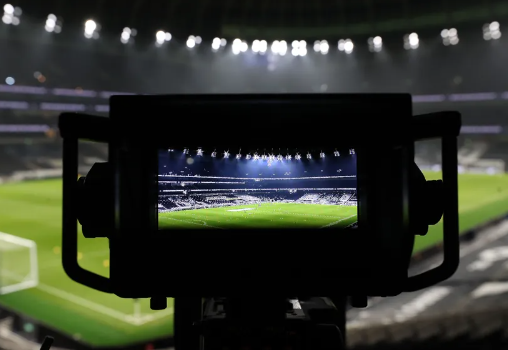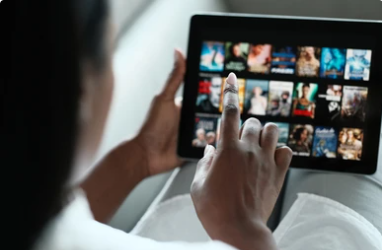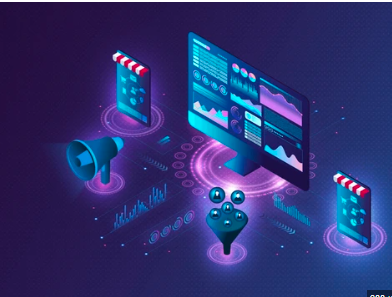

The sale of exclusive sports broadcasting rights continues to create barriers for many South Africans seeking access to popular matches. However, industry stakeholders—from broadcasters to sports organisations—argue that this exclusivity is vital for sustaining sports in South Africa.
According to MultiChoice, a leading broadcaster, exclusive rights sales significantly boost revenue for sports bodies. They emphasise that this income is crucial for the sustainability of various sports in the country. “Maximising income through exclusive rights sales is essential; without this revenue, sports in South Africa cannot thrive,” MultiChoice stated.
The implications of removing exclusive rights could be severe. It could hinder sports organisations’ ability to offer competitive salaries to players, fund international tours, expand their player base, and maintain facilities. A spokesperson from the South African Rugby Union (Saru) reiterated this viewpoint, highlighting that nearly half of the revenue generated from selling broadcast rights directly supports the development and playing of both men’s and women’s rugby in the nation.
The spokesperson further explained that eliminating exclusivity would diminish the value of broadcasting rights, reducing revenue vital for maintaining sports’ attractiveness to broadcasters. “Exclusivity helps preserve the financial viability of these rights, directly impacting the sport’s income and, consequently, its ability to deliver top-tier performance,” they stated.
Sports organisations must ensure substantial investments flow into South African rugby to keep it appealing to audiences and broadcasters alike. Selling broadcasting rights is a critical component of this financial ecosystem, and maximising these revenues is essential for the sport’s future.
Similar arguments have been presented by the Premier Soccer League (PSL) during an inquiry into subscription television broadcasting services by the Independent Communications Authority of South Africa (Icasa). They noted that their primary revenue sources comprise sponsorships (35%) and broadcast rights (59%), with the latter being significantly influenced by television exposure. The more visibility they receive on TV, the better their chances are for securing sponsor deals.
Research by David Martimort and Jerome Pouyet, titled “Why is exclusivity in broadcasting rights prominent and why does simple regulation fail?” suggests that giving rights to a dominant firm allows revenue maximisation. A firm like MultiChoice, which commands a larger viewership, can generate more financial returns than a smaller entity might lose by not obtaining access to the rights. Allocating exclusive rights to such dominant firms can enhance their market power, enabling them to charge higher prices and generate increased revenue for the industry.
While giving broadcasters exclusivity can create a beneficial revenue cycle, it presents a challenge for South Africans, many of whom cannot afford the premium prices that come with access to these exclusive sports broadcasts.
In September, Gayton McKenzie, South Africa’s newly-appointed minister of sports, arts, and culture, highlighted this issue as the Springboks prepared to face New Zealand in Johannesburg. He brokered a deal with MultiChoice to allow the SABC to share media rights, enabling free access for the public. “It is important that we, as a government, ensure our citizens can watch their national teams,” he said, acknowledging that it would be unreasonable to expect SuperSport to air matches for free—given that they have already invested significantly in obtaining those rights.
In the ongoing battle between eMedia, the SABC, and MultiChoice, the stakes are high. eMedia and the SABC are challenging MultiChoice’s exclusivity on sports broadcasting rights, particularly concerning live matches involving the South African national rugby and cricket teams. These legal battles focus on MultiChoice’s restrictive conditions on its rights sub-licensed to the SABC, limiting its ability to broadcast key games.
While the current model of exclusive broadcasting rights may bolster financial returns for sports organisations, it also raises significant accessibility challenges for many South Africans who wish to enjoy their national sports. As negotiations unfold, the government and sports bodies will need to strike a balance that promotes sports funding while ensuring equitable access for all fans.










